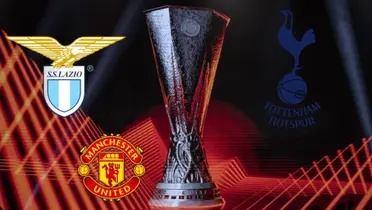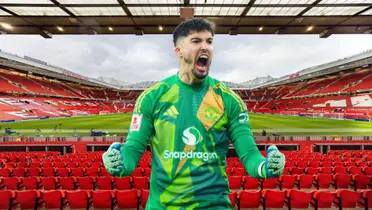Despite poor results, Manchester United's wage bill is astronomical
The club's significant wage bill persists, despite underwhelming results
By Axel Reyes
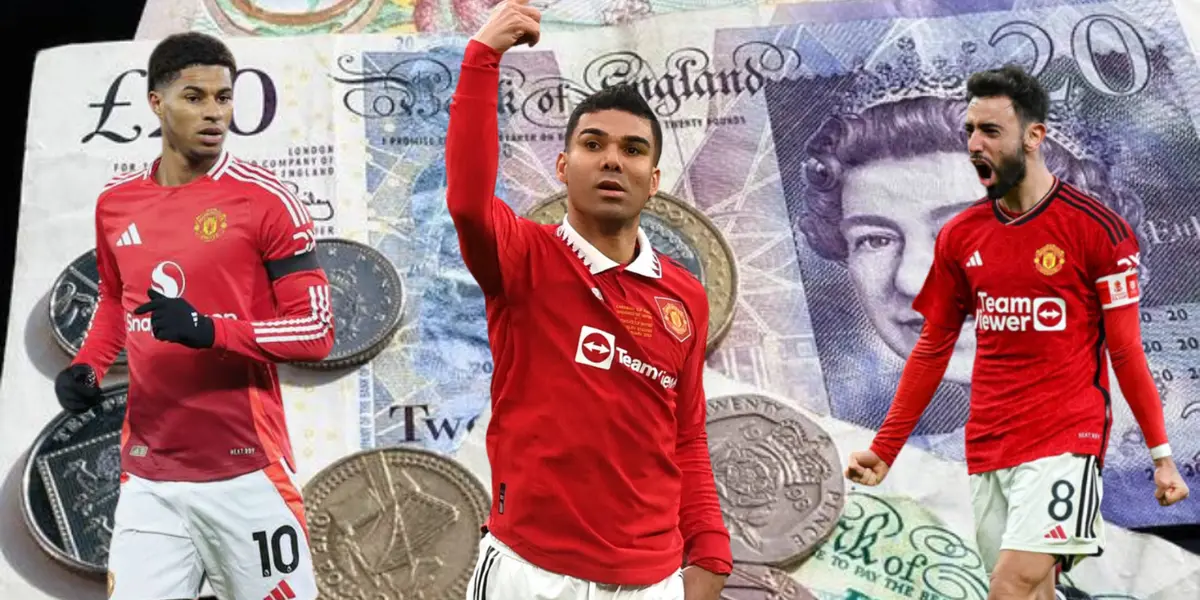
Manchester United, one of the world's most iconic football clubs, has been making headlines for more than just their on-field performances. According to Salary Sports, the Red Devils are shelling out a staggering £185,120,520 per year on player wages, equating to a weekly spend of £3,560,010. But is this hefty investment translating into success on the pitch?
Casemiro Leads the Pack
At the top of the wage bill is Brazilian midfielder Casemiro, who pockets a whopping £375,000 per week. Following closely behind are England internationals Marcus Rashford and Bruno Fernandes, each earning £325,000 per week. Their impressive performances have earned them lucrative contracts, reflecting their status as key players for the club.
Big Money, Big Expectations
Other high earners at Old Trafford include Mason Mount (£225,000), Antony (£200,000), and De Ligt (£195,000). These figures highlight the club's ambition to build a squad capable of challenging for major honors. However, the question remains: are these players delivering value for money?
A Wage Bill Out of Control?
Manchester United's astronomical wage bill has raised eyebrows among fans and pundits alike. While high wages can attract top talent, they can also create a bloated squad and make it difficult to balance the books. Furthermore, there is a growing concern that the club may be overpaying for certain players, particularly those who have failed to consistently perform at the highest level.
Factors Contributing to the High Wage Bill
Several factors contribute to Manchester United's inflated wage bill, including:
- The Premier League's status as the world's richest league: The intense competition for top talent has driven up wages across the board.
- The club's global brand and commercial appeal: Manchester United's massive fanbase and commercial partnerships enable them to generate significant revenue, which can be reinvested into player wages.
- The desire to attract and retain top talent: The club's ambition to compete at the highest level means they must be willing to pay premium wages to attract and retain the best players.
The Impact on Performance
While high wages can motivate players and attract top talent, they can also create a sense of entitlement and complacency. If players are not performing, the pressure to justify their high salaries can become a distraction. Additionally, a bloated wage bill can limit a club's financial flexibility, making it difficult to make further improvements to the squad.
Manchester United's decision to invest heavily in their playing squad is a clear indication of their ambition to return to the pinnacle of English football. However, the club must ensure that this investment is paying off in terms of on-field success. With a careful balance between financial commitment and performance, the Red Devils can once again become a dominant force in both domestic and European competitions.
More news
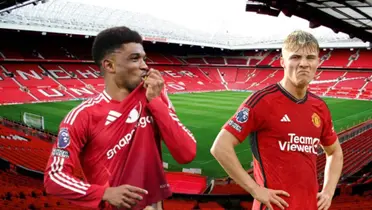
United's Dream Pairing: The Duo Fans Are Eager to See
31/03/2025
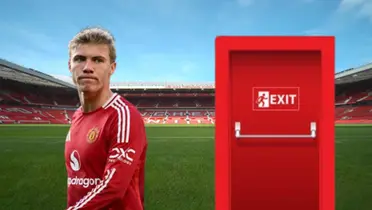
Hojlund's Fate: Will He Stay or Leave Man United?
31/03/2025

AI Predicts United's Fate: Europa League Clash With Lyon
31/03/2025
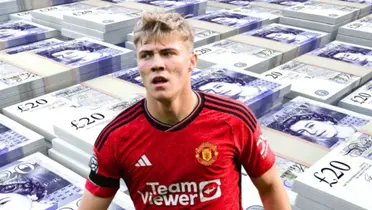
Højlund's Plummeting Value: A Cause for Concern at Man United
31/03/2025
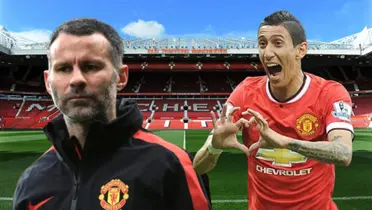
Giggs' Misjudgement: Depay's Free-Kick Hopes Fall Flat
31/03/2025
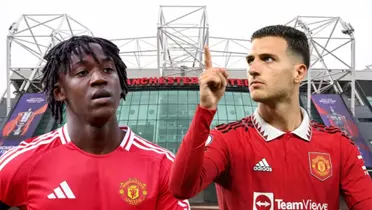
Man United's Summer Clearout: Players on the Chopping Block
31/03/2025

Financial Divide: Man United's Value Dwarfs Olympique Lyon's Squad Cost
30/03/2025

Onana Exit Rumors Swirl: How the Goalkeeper Is Responding
30/03/2025
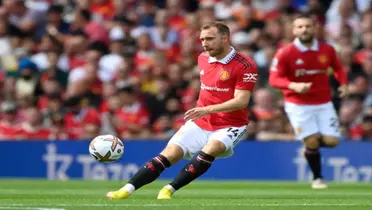
Eriksen breaks the silence about the rumors of not renewing
30/03/2025
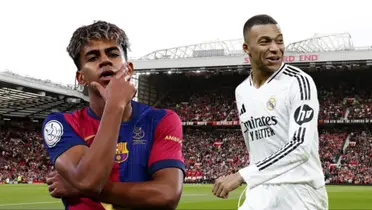
World-Class Player Available: Romano Reveals Transfer Bombshell
30/03/2025

Ugarte's Premier League Insight: Key Differences From Ligue 1 Revealed
30/03/2025
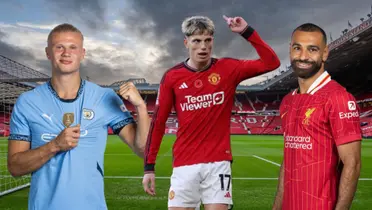
Garnacho Outshines Salah and Haaland: A Stunning Statistical Triumph
29/03/2025
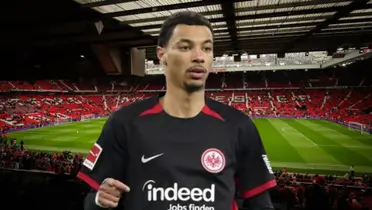
Ekitike's Staggering Stats: Why Man United Are Keen
29/03/2025
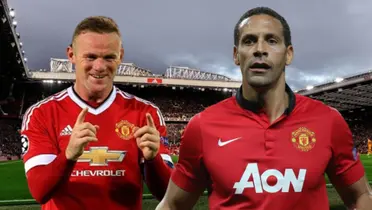
Beyond Legends: The United Player Who Rewrote Investment History
29/03/2025
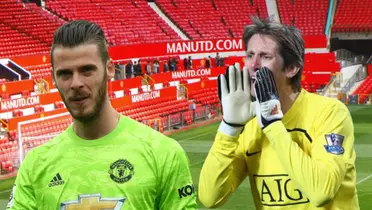
Manchester's Goalkeeping Giants: Who Reigns Supreme?
29/03/2025
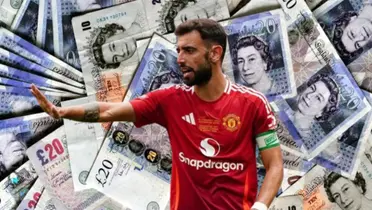
Fernandes' Fortune: Unveiling the Price Tag of United's Captain
29/03/2025
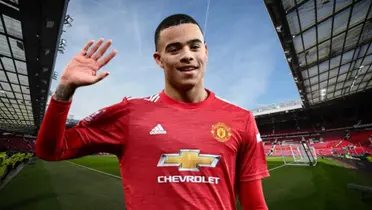
The Manchester United jewel that was rumoured for Barcelona ended up in an exotic league
29/03/2025
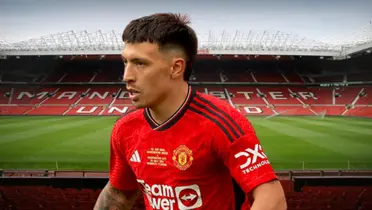
Father's Faith Pays Off: 100 Pound Bet on Son's United Debut
29/03/2025

